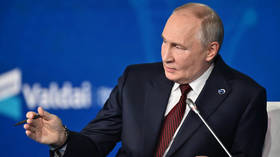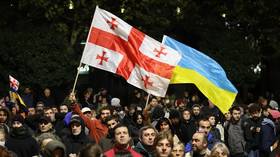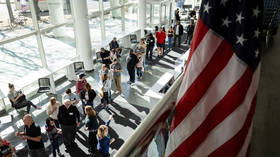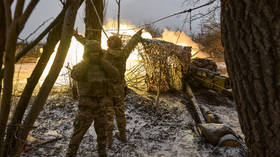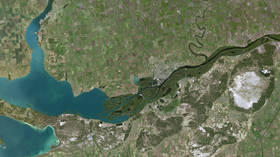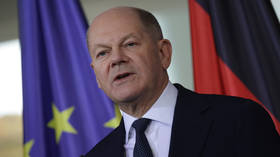Sports body sides with South Africa over removal of Israeli team

The global governing body for rugby has concluded that a decision made by the South African Rugby Union (SARU) to disinvite an Israeli team, Tel Aviv Heat, from an international competition last month was not discriminatory, but justified by security threats, the Jewish Telegraphic Agency (JTA) reported on Thursday.
World Rugby reportedly based its verdict on public reactions to the Israeli team’s initial invitation, which included a Facebook post warning of a potential “blood bath” and a statement from the South African Boycott, Divestment, and Sanctions (BDS) coalition claiming that SARU would “have blood on its hands” if the Heat participated in the tournament.
In February SARU withdrew the Tel Aviv Heat from the Rugby Mzansi Challenge, pointing to security concerns. The union’s president said that the decision was made after listening to “the opinions of important stakeholder groups” and in order to “avoid the likelihood of the competition becoming a source of division.” The South African department of sports, arts, and culture also supported the move, citing the need to maintain a safe environment.
The action was widely criticized, with Israel-based NGO International Legal Forum, according to Jewish News Syndicate, describing it as a “cave-in to extremist anti-Israel forces promoting the racist BDS campaign.”
New Zealand-based lawyer Ian Dunwoodie filed a complaint with the World Rugby Council alleging that SARU breached the World Rugby constitution by axing the Israeli side from the game. Dunwoodie requested an investigation, citing the constitution, which prohibits “discrimination of any kind against a country or against a private person or groups of people,” according to the Algemeiner.
However, as reported by the JTA, World Rugby stated in a letter dated March 29 that it “is satisfied with the explanation provided by SA Rugby that the decision to withdraw the invitation to Tel Aviv Heat to participate in the Mzansi Challenge was based on concerns about an increased safety and security threat.”
The letter also acknowledged “potential threats of violence, disruption and risks to the safety of stakeholders, together with concerns about the ability of SA Rugby to meet its obligations as an event organizer under the Safety at Sports and Recreational Events Act.”
The manager of the Israeli team, Pete Sickle, has challenged the ruling, claiming that they had anticipated a more thorough investigation by World Rugby into the circumstances surrounding the revocation of the invitation.
“We still have not seen tangible evidence of credible and significant threats to public safety. We haven’t seen any evidence of SARU or South African security forces analyzing those threats before making this decision,” Sickle told JTA



